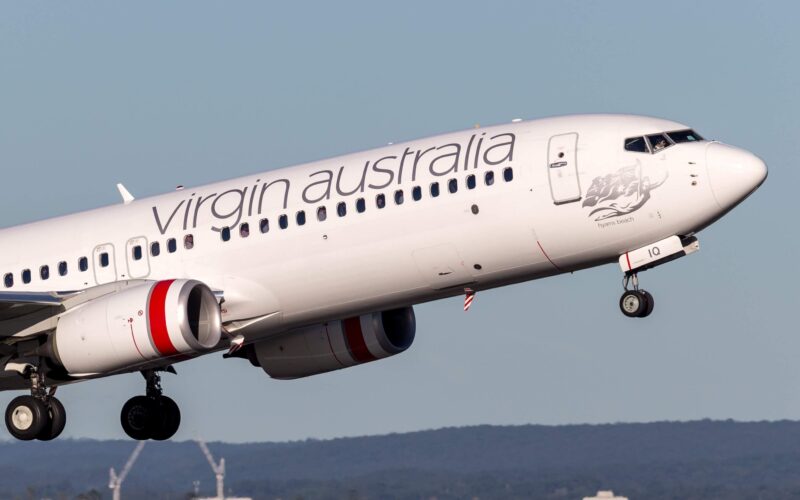After Virgin Australia cabin crew was found to have Covid, sending passengers and crews from 5 flights to isolation, experts in Australia question if there’s a need to strengthen COVID-19 protocols for aircraft crew.
Speaking to local media on June 28, 2021, an Australian physician and microbiologist of infectious diseases Professor Paul Griffin shared his concerns over the high risk of getting infected onboard the plane while traveling. Griffin believes COVID-19 protocols applicable for active flight and cabin crew members are insufficient to prevent a potential virus spread between the operating crew and passengers. A possible solution could be stronger recommendations for airline crew members to get vaccinated.
“If we look at particular occupations, in some ways there is a duty of care to protect their patrons or passengers, and I’d certainly like to see strengthened recommendations for the aircrew to be vaccinated. […] I think increased testing would certainly help because the more we can do, the less risk we have of these sorts of events we’re seeing unfold at the moment,” Griffin was quoted by the media.
The current regulations for vaccination and testing of the active staff drew public attention after the recent case of the Virgin Australia cabin crew testing positive for COVID-19. The flight attendant worked on five flights while potentially being sick, which means they were in contact with hundreds of passengers as well as crew members.
Virgin Australia has reportedly contacted its crew members and hundreds of passengers who flew any of five particular flights across three states, advising them to take the COVID-19 test and isolate afterward.
The Australian state democratic administrative authority of New South Wales (NSW) found out that the same Virgin Australia flight attendant was working on five flights, including Sydney-Brisbane (VA939) and Brisbane-Melbourne route on June 25, 2021 (VA939), as well as Melbourne-Sydney (VA827), Sydney-Gold Coast (VA517), and Gold Coast-Sydney (VA524) on June 26, 2021.
The flight crew reportedly discovered they were in close contact with another COVID-19-positive case only after they completed duties on the last flight from Gold Coast to Sydney on June 26, 2021.
The authority recommended all crew and travelers who had contacted each other during these flights take health and safety-related measures immediately. Virgin Australia told local media that it removed all crew members who worked on the same flights from their duties and ordered them to get tested and isolated. It also outlined that the affected flight attendant currently is in isolation. The company did not specify the exact number of passengers who were potentially put at risk of getting infected onboard the flights.
“Any close contact team members will be removed from their rostered duties and will be required to isolate for a minimum of 14 days and test in accordance with appropriate State health protocols. […] In addition, Virgin Australia has asked that household members of close contact team members be tested and isolate for a minimum of 14 days in line with state health guidelines,“ the airline wrote in the statement.
The company also outlined that it took all necessary measures to ensure health safety onboard all aircraft that were operating the routes, including deep clean of jets and all public spaces at relevant airports where the infected flight attendant has visited.
Following the now-valid COVID-19 guidelines for aircrew issued by NSW, airlines must keep a record of each flight details and closely trace contacts of the crew members who were tested positive. The airlines are also required to ensure that all of their air and ground vehicles used for the transport of crew are cleaned thoroughly after use, including cleaning all hard surfaces and using disinfectant solutions following the manufacturers’ instructions.
As for personal COVID-19 prevention measures, to minimize the risk of transmission during the flight the crew are required to practice good hand hygiene, including washing hands before and after touching surfaces, as well as have alcohol-based hand sanitizer available and wear appropriate masks.
In addition, any crew member who has been overseas in the last 14 days or has worked with someone who has been overseas in the last 14 days must take a mandatory quarantine, the NHS announced on its website. However, crew members, flying from New Zealand to Australia, crew members are not required to quarantine, since the country is marked as the only “safe travel zone” that Australia has a travel bubble with.

